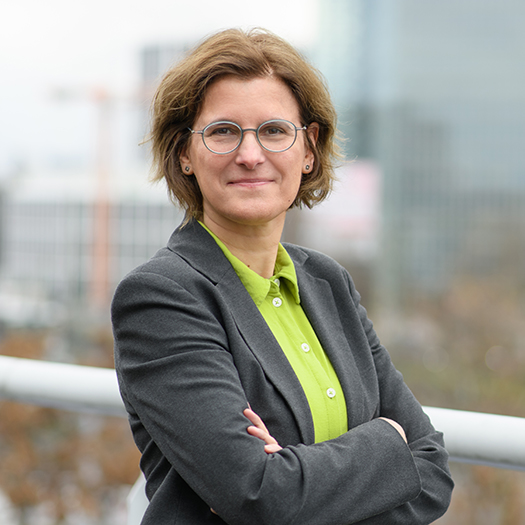Corporate Governance and Structures of Qualification in Higher Education
Corporate Governance and Structures of Qualification in Higher Education
This project examined aspects related to the transformation of the German college sector towards more competition. The project had two phases. In the first phase the differences in graduate school programmes were conceived to be strategic decisions of competing universities. The impact of solutions to conflict of interests on the quality of degree programmes was described as a principal-agent relationship between the administration, the teaching staff and the college supervisory committee. In the second phase the focus was on more specific research questions:1) Theoretical models were adapted and converted into econometric models in order to examine empirically which qualification profiles have a positive impact on the success of newly founded companies. Academic qualification profiles were to be identified which favoured the foundation of a company. As one theoretical basis the “Jack-of-all-Trades”-model was selected which states that people having a balanced qualification profile are likely to found a company. Furthermore, the implications of a model were elaborated which states that a company is likely to be founded by a group of experts. The results reveal that companies which are founded by people who have studied several subjects do not experience higher employment increase than companies which are founded by people who have studied one subject only. Similarly, companies which are founded by an interdisciplinary team do not grow faster than those companies whose founders have studied the same subject. However, it is relevant to the growth of new companies that they are founded by teams, independent of the team’s composition. Moreover, founders are likely to search partners with the same branch of study and with a comparable level of competence. Individuals who become employed during the first years of the company’s existence, however, have a different level of competence compared to the founders. 2) The impact of conflicts of interest on the quality of degree programmes was analysed against the background of accreditation agencies’ qualification. In Germany accreditation agencies are new actors in the university sector when it comes to the system of quality assurance. They are appointed by an accreditation committee which is a political body. In a theoretical study, the risk of the accreditation agencies taking exclusive possession of the accreditation committees was analysed. Moreover, the optimal division of property rights for the agencies as service providers was examined.This research project was part of the DFG research group “Heterogeneous Labor: Positive and Normative Aspects of the Skill Structure of Labor” at the University of Konstanz and at the ZEW.

